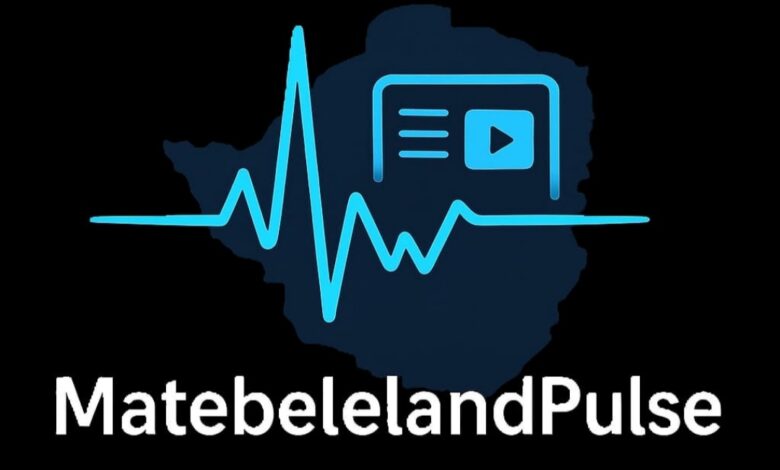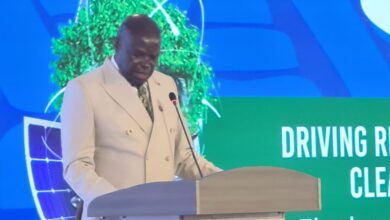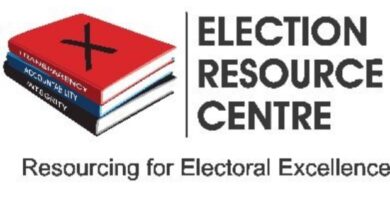Thorngroove residents shape 2025 budget

Listen Ndlovu
Bulawayo — On a chilly Saturday morning, June 28, 2025, residents of Thorngrove gathered at Thorngrove Hall for a pivotal community feedback meeting, signaling a quiet revolution in grassroots democracy.
Chaired by Ward Development Committee (WDC) leader J. Magutshwa, the gathering brought together residents, city officials, and councillors to promote more responsive, inclusive, and accountable governance.
With the Deputy Mayor Councillor Ndlovu and Proportional Representation Councillor L. Mohammed in attendance, the forum became a model for civic engagement, highlighting the rising importance of community voices ahead of the Bulawayo budget review scheduled for July 12 at McDonald’s Hall.
“Residents are encouraged to report issues to the Residents Committee Secretary. Only when necessary will the Committee Chair refer the matter to the Councillor,” a key message reiterated at the meeting’s close.
Though the structure may seem bureaucratic, it is empowering communities to own the governance process. Residents are realizing that solutions begin at the ground level through organized dialogue, local leadership, and shared accountability.
With the city’s budget review imminent, the meeting served as a crash course in how local resources are allocated and how ordinary citizens can influence those decisions.
Deputy Mayor Ndlovu urged residents to participate meaningfully in the budget process, stressing that public input would shape priorities in housing, health, road maintenance, water, sanitation, and waste management.
Several city departments provided updates:
Works Department revealed that 75% of Bulawayo’s roads are in poor condition, with an estimated US$790 million needed for rehabilitation. Given limited support from ZINARA and devolution funds, community pressure could help direct available funds more equitably.
Water and Sanitation outlined the city’s harsh water-shedding regime—130 hours without water, 38 hours with—highlighting the urgent need for more inclusive infrastructure planning.
Finance Department acknowledged concerns over water meter billing and encouraged residents to take ownership by submitting meter readings via WhatsApp.
Environmental Management Agency (EMA) emphasized the role of residents in waste management, advocating for innovation in transforming waste into income-generating opportunities.
These insights feed directly into the city’s budgeting process. The more informed the residents, the more effectively they can advocate for their priorities.
Thorngrove is also refining how issues are escalated. The local Residents Committee now acts as the first line of response—offering community-based solutions before matters are taken to councillors or city departments. This layered system not only streamlines resolution but reinforces collective responsibility.
Issues like vandalism, poor refuse collection, and public toilet misuse are now being minuted, tracked, and addressed systematically. The takeaway: local problems require local structures.
The meeting wasn’t without challenges—disorderliness briefly interrupted proceedings—but such tensions are seen as growing pains in a maturing participatory democracy. Communities are no longer passive recipients of decisions; they are shaping them.
In a vote of thanks and closing prayer by Thorngrove Chair C. Ncube, the meeting ended on a hopeful note: unity and collective action remain the bedrock of meaningful transformation.
All eyes now turn to the July 12 budget review. Will water access improve? Will neglected roads get attention? Will local voices translate into budget allocations?
As Bulawayo moves toward a more engaged future, Thorngrove is proving that democracy doesn’t just live in ballots—it breathes in halls, WhatsApp chats, and cleanup campaigns.




